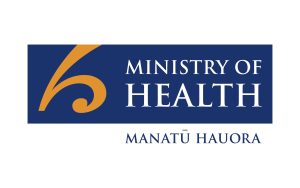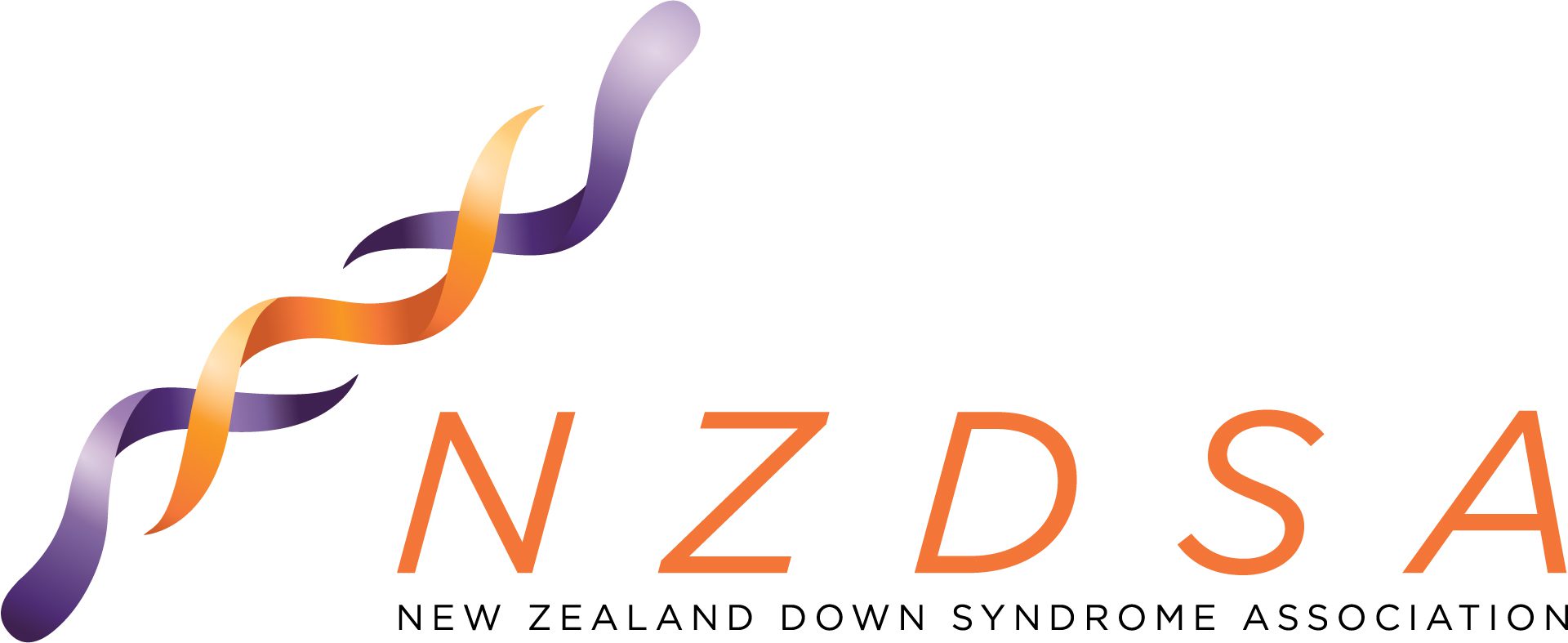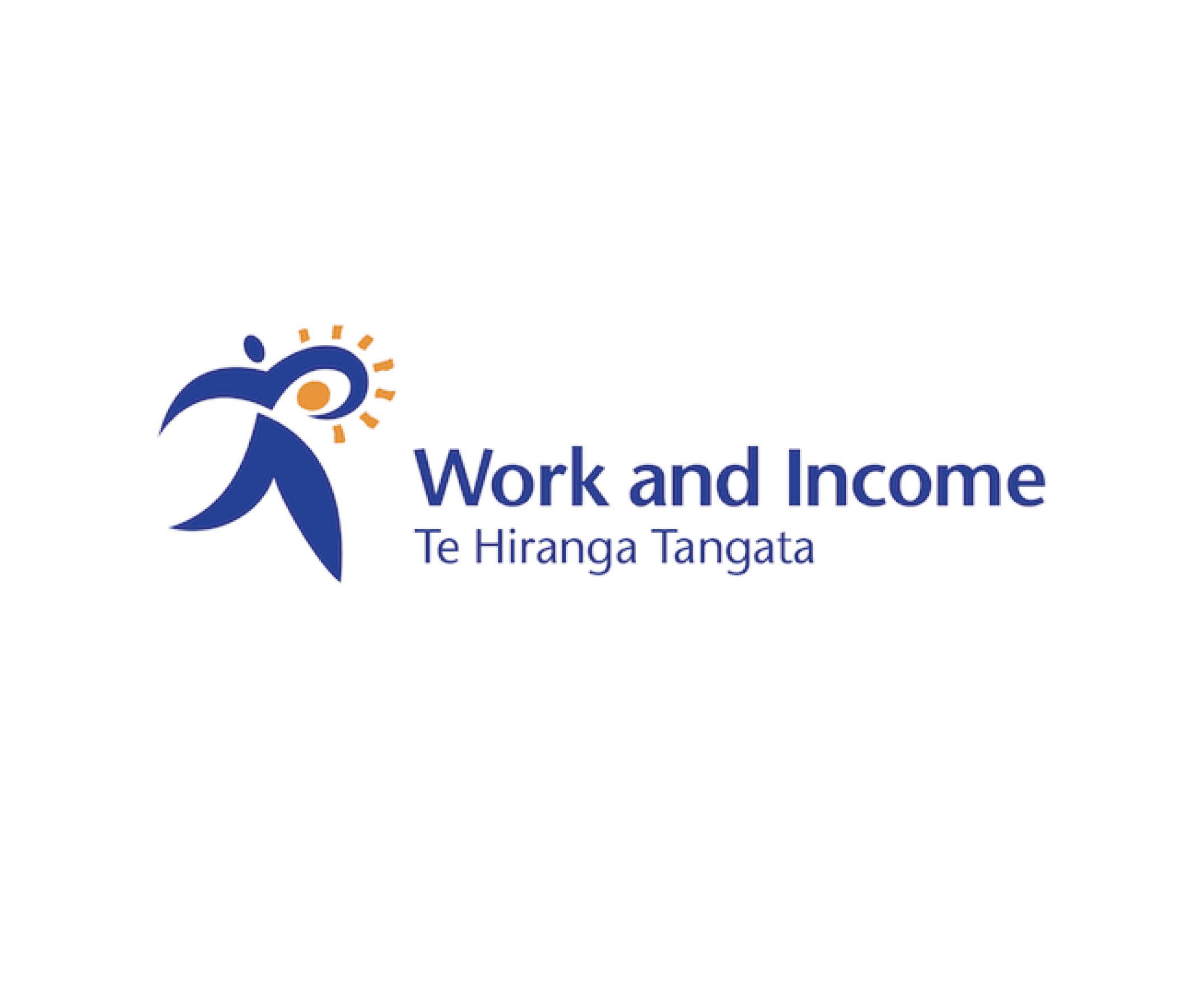Families with a child with Down syndrome in many cases face a lifetime of navigating Government departments and agencies to receive the support they need and are entitled to. COEN LAMMERS makes an attempt to point you in the right direction.
Dealing with the Ministry of Health (MoH), Ministry of Social Development (MSD), Ministry of Education (MoE), and their off-shoots can be difficult, frustrating, infuriating or even traumatic.
Having a child with a disability creates additional pressures on families, but those organisations and officials that are supposed to support your family dealing with unorthodox circumstances often only add to the stress levels.
Social media groups are overflowing with endless horrific examples of parents having to fight for what they are entitled to.
Many dread the face-to-face encounters with officials at WINZ to talk about benefits, or MoE staff when fighting for teacher aide funding in Individual Education Plan (IEP) meetings.
Many simply give up and forfeit what they are entitled to and sometimes desperately need.
Trish Grant is an experienced advocate for IHC and has seen every scenario of this state-inflicted trauma first-hand.
“Families are dealing with a complex maze of entitlements,” says Grant, whose organisation is working on a new digital tool to help families navigate the different departments and entitlements.
“At the moment it is impossible for any family to find their way with the information available from the Ministry of Health, MSD or any other Government department.”
Grant says that the system is even difficult for those who are dealing with it on a daily basis.
“One pediatrician once put up a slide at a conference to show the pathways to funding and services, but you’d have to study it for hours to make sense of it. It was the most bizarre slide.”
The IHC advocate also recalls a recent court hearing to secure a Family Carers Benefit, in which the attending magistrate described “the Ministry of Health funding policy as impenetrable”.
So if you think you are struggling to make sense of it all, you are not alone.
“It is still a maze for people to get through, especially for new parents.”
Grant says that most parents find out what they can get through word of mouth.
“That’s why groups like the NZDSA are so important where parents can share information with other parents to find out about financial support or what is on offer as far as support services,” says Grant.
Thankfully, Government agencies are recognising that they need to make accessing supports easier for disabled people and their families, and the primary examples of this is Individualised Funding, Enhanced Individualised Funding and the Enabling Good Lives (EGL) approach.
Individualised Funding, Enhanced Individualised Funding and the Enabling Good Lives approach provide disabled people and their whānau with more choice and control in their lives, offer more flexibility and provide more opportunities to make decisions about how to use the funding to suit the needs of the disabled person and their family.
EGL started in 2011 as a partnership between the disability sector and agencies aimed at long-term transformation of how disabled people and families are supported to live everyday lives.
EGL aim is to create a life plan for its participants and through a navigator applies for the necessary funding through different agencies to create a single funding pool to fulfil the life plan for the person with the disability.
The Ministry of Health allows people to receive Individualised Funding to buy in services they require, but that only covers MoH traditional supports like Personal Care or Household Management, Respite Services and Carer Support.
Enhanced Individualised Funding enables people to pay for a wider range of disability supports that have not traditionally been available and this allows for more flexibility and greater control of how you use your disability support budget.
In 2017, a group of government ministers involved in the disability sector approved a new over-arching programme to Transform the Disability Sector, The new system, Mana Whaikaha, a prototype in Midcentral was co-designed with disabled people and whānau, and others in the disability sector. It is based on the Enabling Good Lives vision and principles.
The interest in the Mana Whaikaha programme has been overwhelming and will provide invaluable information for the Government to implement a nationwide transformation.
Until that new system is established, here are the key funding streams families need to be aware of.

MSD and WINZ benefits
The Ministry of Social Development offers two global benefits and all families are entitled to the Child Disability Allowance.
This allowance is for carers of children with a disability under 16 and is currently $49.25 a week. Officially, this allowance is reviewed every year, but no longer required for children with Down syndrome, so make sure you remind the person who may still want to assess your case, especially when they start asking silly questions like “does your child still have DS?”, which has happened to many families.
IHC advocate Trish Grant says that the number of parents receiving the Child Disability allowance is decreasing.
“Many parents don’t know it even exists so I think there is a big issue there.”
Once your child turns 16, your child is entitled to the Supported Living Allowance, if the child is cared for full-time or would otherwise need residential care (or the equivalent).
Currently the benefit rate is $253 if your child is 16 or 17 and increases to $307 when they turn 18.
Your child can still have a part-time job but once they earn more than $115 a week, the benefit will start getting deducted.
On top of these benefits, you can apply for a Disability Allowance of up to $65 a week, which is for expenses your child may incur due to their disability. This includes medical appointments, travel costs, prescription fees or heating.
You will need to get your GP to confirm these needs and keep your receipts, so this benefit can be a hassle for the relatively small amount and many families choose not to go through the process.
Depending on your living situation, these benefits can also get topped up with an Accommodation Supplement, which ranges from $50 to $120 a week. If the person with the disability owns their own property you can also contact your local council for a Rates Rebate. You can visit the Department of Internal Affairs’ (DIA) website for more details.
Aside from these allowances, MSD can also provide you with a Community Services Card which provides multiple benefits and savings when paying for the bus, pool or other services.
Finally, MSD has the ability to provide one-off payments to provide assistance in particular hardship situations.
Like other children without a disability, children with Down syndrome also qualify for the standard Childcare Subsidy, or OSCAR subsidy for after school and holiday programmes.
It is also important to make sure your family gets their full entitlements under the Working For Families tax scheme.

Ministry of Health benefits
The Ministry of Health also offers a list of support options, but again, they are not easy to access or to understand.
The level of support is determined by an assessment carried out by your local Needs Assessment and Coordination Service (NASC) which is different in each region. You can find your local service under the Respite Care section on the Ministry of Health website.
The MoH offers Carer Support, which enables you to pay a support person to look after your child while you can take time out for yourself.
The Respite Support allowance is also aimed to give parents a breather, but in this case, the allowance pays for your child to go somewhere for an activity or pay a support worker to take your child to an activity.
The level of these benefits are determined in your NASC assessment and depend on your personal situation, like how many other children you care for, how old your children are and other issues that create additional stress in your household.
Sadly, it does not pay to put up a brave face, because if you tell your assessor that everything is peachy, you will receive little support, whilst describing your worst day will get you more support.
A major breakthrough in legislation in 2020 now makes parents or siblings of children with Down syndrome over 18 eligible for Family Funded Care.
This change has been created to facilitate disabled people who want to employ and eligible family/whānau member to provide some or all of their supports.
Currently, the hourly rate for Ministry-funded family carers is $20.50 per hour, which increases to $25.50 an hour if you have been caring for your family member for more than 12 years after they turn 18. Parents and siblings from 16 years onwards are eligible to become the carer.
The Ministry of Health also provides additional benefits, but they are not easy to locate or access.
Most families are eligible to have costs for glasses, fully or partially funded, through the Spectacle Subsidy for children under 15. This covers lenses, frames (and repairs!), examinations and eye patches.
You may also get some funding for dental work and other health needs, but you need to talk to your NASC, your pediatrician or GP to find out exactly what your funding covers.
If you need to travel for treatments regularly or long distances, you also need to ask for the National Travel Assistance Scheme.
The Ministry of Health can also make equipment available through their providers. Accessable and Enable NZ. This could include adjustable beds, shower stools or communications devices.
For those families who need some more assistance getting their children ready for school or when they transition to their own home, the Ministry of Health also offers the Home and Community Services.
For younger children this could consist of someone providing support with meals, showering or getting dressed.
For young adults with Down syndrome who start to live independently, this service supports this transition by helping out with cooking, laundry and cleaning.

Ministry of Education
Those of you who have or had children at school will be well aware of the Ongoing Resourcing Scheme, better known as ORS funding for students with High Needs and Very High Needs.
To access ORS you will need to complete an ORS application. It is important to remember that the application process is emotionally challenging because instead of celebrating and focusing on the achievements and strengths of the student, it requires you to look through a deficits lens to ensure that your child is well resourced.
The ORS application has nine criteria and requires you to identify your child’s need for learning support across five areas: learning, hearing, vision, physical, or language use and social communication.
Parents say it helps if you recognise that by accurately reflecting your child’s learning support needs it will clarify whether they meet the eligibility criteria for ORS. The ORS application will be submitted to a team of verifiers who follow a verification process. At least three verifiers, working from separate locations, independently consider each application. Once the verifiers make a decision, a letter is sent to the parents/whānau and the early intervention centre or school. Resources for students in the Ongoing Resourcing Scheme may include specialists, additional teachers, teacher aides, and a grant for consumables.
If the Local Ministry of Education is the fund holder, then a portion of the funding will be used for the battalion of specialists like speech, occupational and physio therapist and others employed by the Ministry. However, many parents feel that the specialist focus is on writing reports and making recommendations for teachers on how to work with their child rather than providing what they desperately want, which is one-on-one therapy.
Another very important component of ongoing resourcing is to ensure that your child has a current and well-designed Individual Education Plan (IEP) as ongoing resources will be allocated based on individual needs identified through the IEP process. It is essential that you as a parent are involved alongside the educators and professionals with developing the IEP. The NZDSA recognises for families each step of the ORS process is brutal and at times heart-breaking as there is never enough funding available.
The level of ORS funding depends on criteria across the learning support areas and will include things like how independent your child is, whether they have multiple health challenges, whether they are toilet trained and whether they tend to run away.
For this last challenge the Ministry, thankfully, has a separate Property fund they can call on to create a safety fence around the school if required.
Parents tell us that they are frustrated as they feel the ORS funding is not always transparent and not always fully dedicated to the child who receives the funding. Some schools, with genuine motives, pool the ORS funding to provide learning support for as many students as they can, including those who did not receive any funding. So it may pay to ask to get some clarity on how your funding is used.
Many deserving children struggle to get ORS funding so children with Down syndrome are fortunate as they should qualify as high needs students. It is worth noting that the review process for ORS funding can be used when an application for ORS is declined, or when a student receiving ORS funding has a significant change in their circumstances.
Getting your children to and from school can be a logistical or safety challenge so make sure you also look into School Transport Assistance, or you may be eligible for a taxi through the Total Mobility Scheme.
To find out more about ORS go to https://www.education.govt.nz/school/student-support/special-education/ors/
Funding through other charities
As the state funding only goes so far, numerous charities and trusts have jumped into the breach to help families at different stages of life.
To get a good idea of what is available in your region, refer to the website www.Firstport.co.nz which lists all the support services and funding agencies available in New Zealand.
One extremely successful charity is the Upsidedowns Education Trust which provides funding for speech therapy for children with Down syndrome, which is a vital asset to every child but often difficult or expensive to access through other channels.
If you child is keen on sport, it is also worthwhile to get in touch with the Halberg Trust who provide equipment and coaching for disabled New Zealanders to get involved in sport.
The Halberg Trust has helped many children fund a trike to enable them to bike with their families or their peers, but you can also try to funding for a trike through the Variety Children’s Charity.
Each region has dozens of philanthropic organisations that are keen to support families for individual needs or group activities, so make sure you have a good look around and see what’s available.
Most importantly, do not be shy or modest to ask and gratefully accept all the help you can get for your family.

